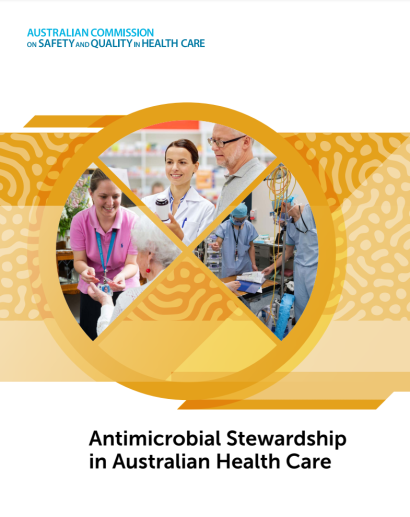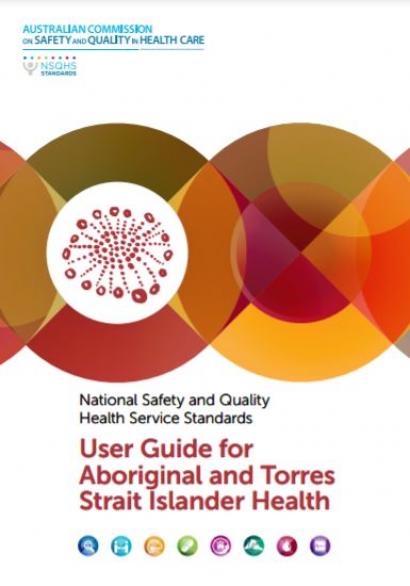Partnerships in healthcare governance planning, design, measurement and evaluation
Communication that supports effective partnerships
Healthcare rights and informed consent
Safe environment
Health service organisations communicate with consumers in a way that supports effective partnerships.
Safety and quality training
The portal has guidance, tools and resources to support the core skills for communicating for safety. It links to, and supports, work undertaken by Australian health service organisations in the areas of clinical communication and can be used as a resource for further learning.
Organisational leadership
Governance, leadership and culture
This page sets out the terms and conditions of use for the CHBOI Toolkit
Data for each of the items in the Atlas are displayed as graphs and maps to show variation in rates by geographic location of patient residence.
List of expert advisory groups for the Third Australian Atlas of Healthcare Variation, published in 2018.
Several overarching themes have emerged from the Atlas series: the need for regular public reporting, access to more complete and informative data, quality improvement strategies for the use of tests, and better information for consumers to allow informed decision‑making.
The Mental Health Advisory Group was established in 2015 to provide advice, expertise and support to the Commission’s Mental Health Program.
The Commission has developed a range of tools and resources to help health service organisations deliver comprehensive care in alignment with the Comprehensive Care Standard.
To support a shared understanding of the Comprehensive Care Standard, the Commission has developed a conceptual model describing the key organisational requirements for supporting the delivery of comprehensive care in health services.


